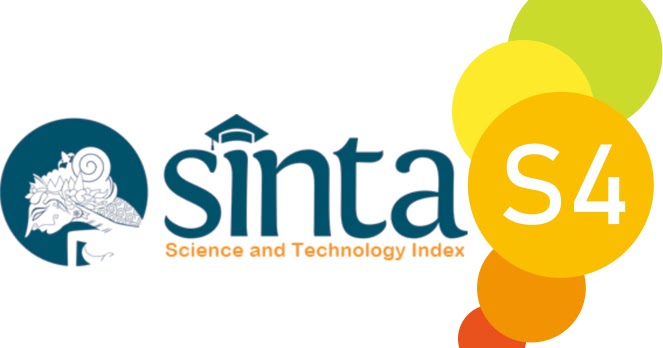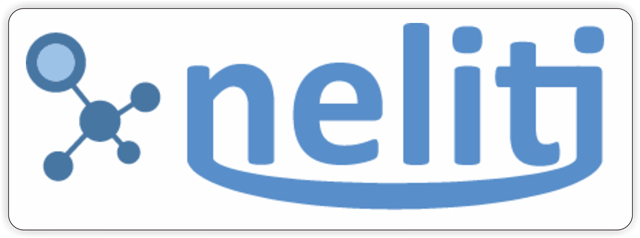FACTORS THAT INFLUENCE THE CHOICE OF CLAWBACK COMPENSATION IN INDONESIAN BANKS
Abstract
Indonesian Financial Service Authority regulates that banks should have implement their remuneration scheme no later than January 1, 2017. The regulation No. 45/2015 requires bank to choose clawback, holdback, or a combination of both clawback and holdback. A clawback provision permits bank to withdraw compensation paid to its employee should some risks related to the employee’s decision brings the loss to the bank. A holdback provision, on the other hand, permits the bank to retain some portion of the variable compensation until a certain period passed. The regulation also permits bank to combine both the clawback and holdback systems. This study investigates factors that may have association with the choice of the remuration system. We divide factors into performance and corporate governance. The result shows that only the net interest margin and the ratio of operating expense to revenue that have statistically significant association with the likelihood to choose clawback system. While, all corporate governance variables do not show a relationship with the choice of remuneration system. We can not compare our results with any previous research because we may be the first to investigate the implementation of clawback or malus in Indonesia.




















